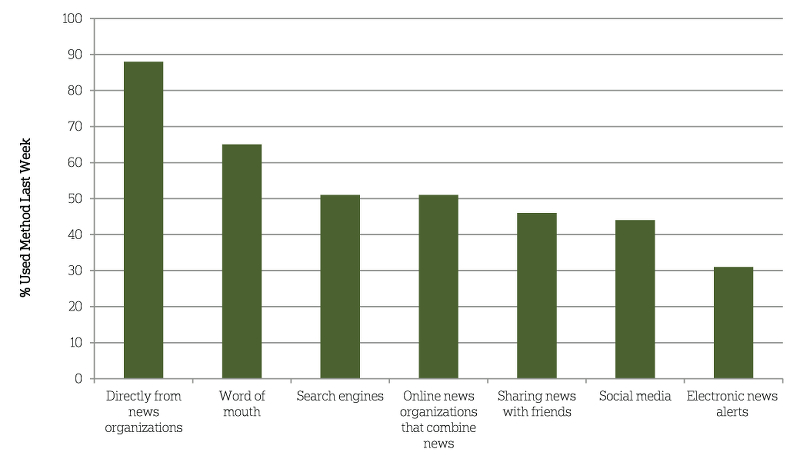While the mass media plays a large role in public thought and opinion, social media is an important, if not more important role. Social media has consumed the American public. A growing percentage of users receive their primary sources of news from trending posts, or reposts from friends.

This means that users may only see articles that fit their personal viewpoints, as interfaces such as Facebook utilize algorithms to show relevant content to the user. When using Twitter, trending topics can surge interest and instantly go viral by the proper number of retweets. This is significant for how the public forms its opinions on topics related to national security, and which events make 'headlines'. Headlines are being largely redefined as successful trending topics.
The public's outcry spurred the reaction from the White House to propose an additional 10,000 refugees acceptance for 2016. This decision was quite controversial, with the left in general support and the right in general dissent.
This creation of a partisan public issue will be a major topic of interest in the 2016 presidential election, and will continue to be a challenge for the remainder of President Obama's term. While public opinion has historically been less than positive towards refugees (with the exception of the 1990's "global activism"), it may be time for the US to revise its policies and for US public opinion to become more informed and accepting of refugees.
The executive office should seek policies that inform and guide public opinion on foreign policy issues that directly involve US citizens. This can only happen as a proactive effort, not a reactionary one. The executive office and its media correspondents should seek to utilize social media campaigns to increase education, transparency, and creatively work with partners to 'trend' topics for the public.



No comments:
Post a Comment